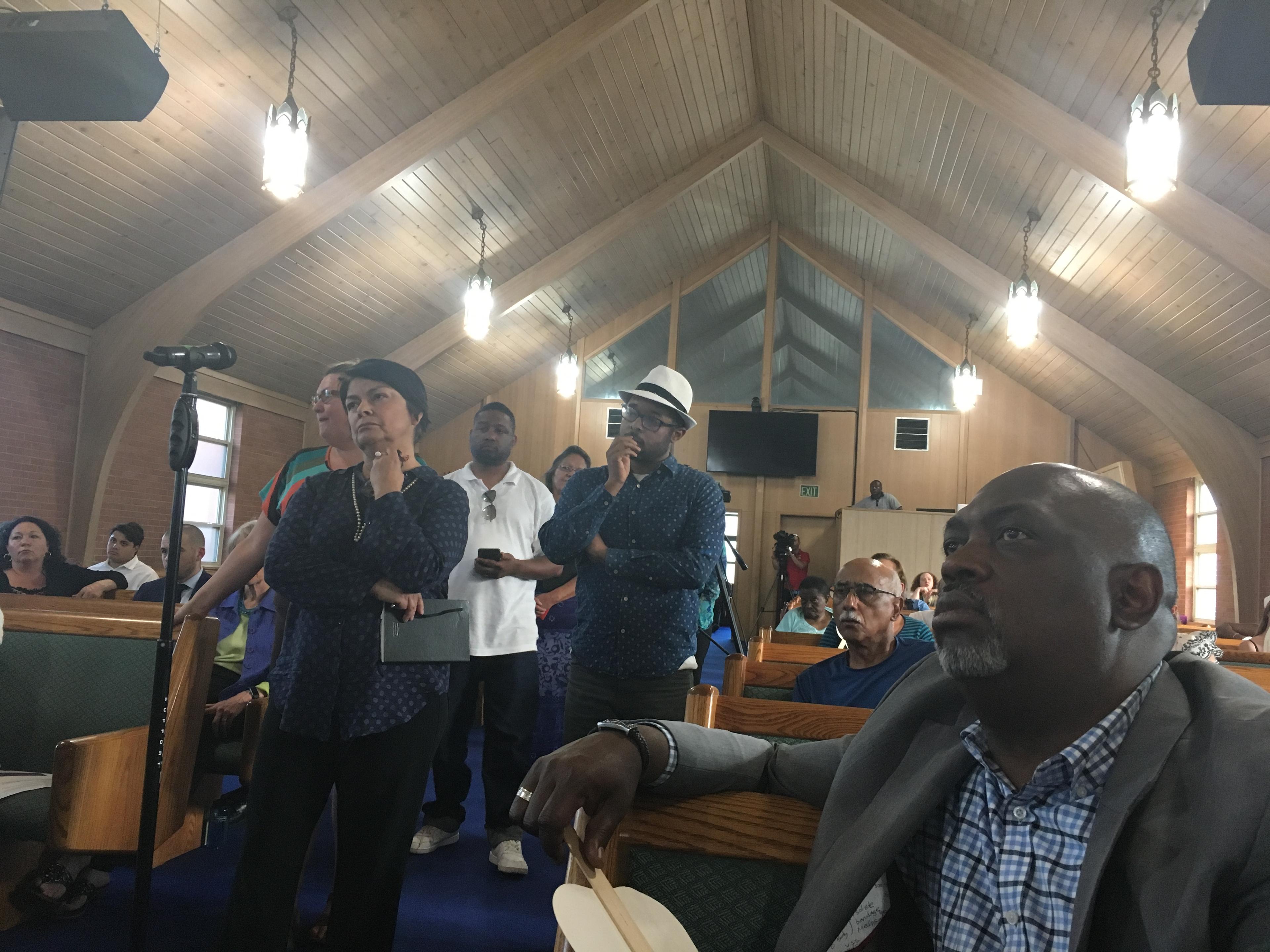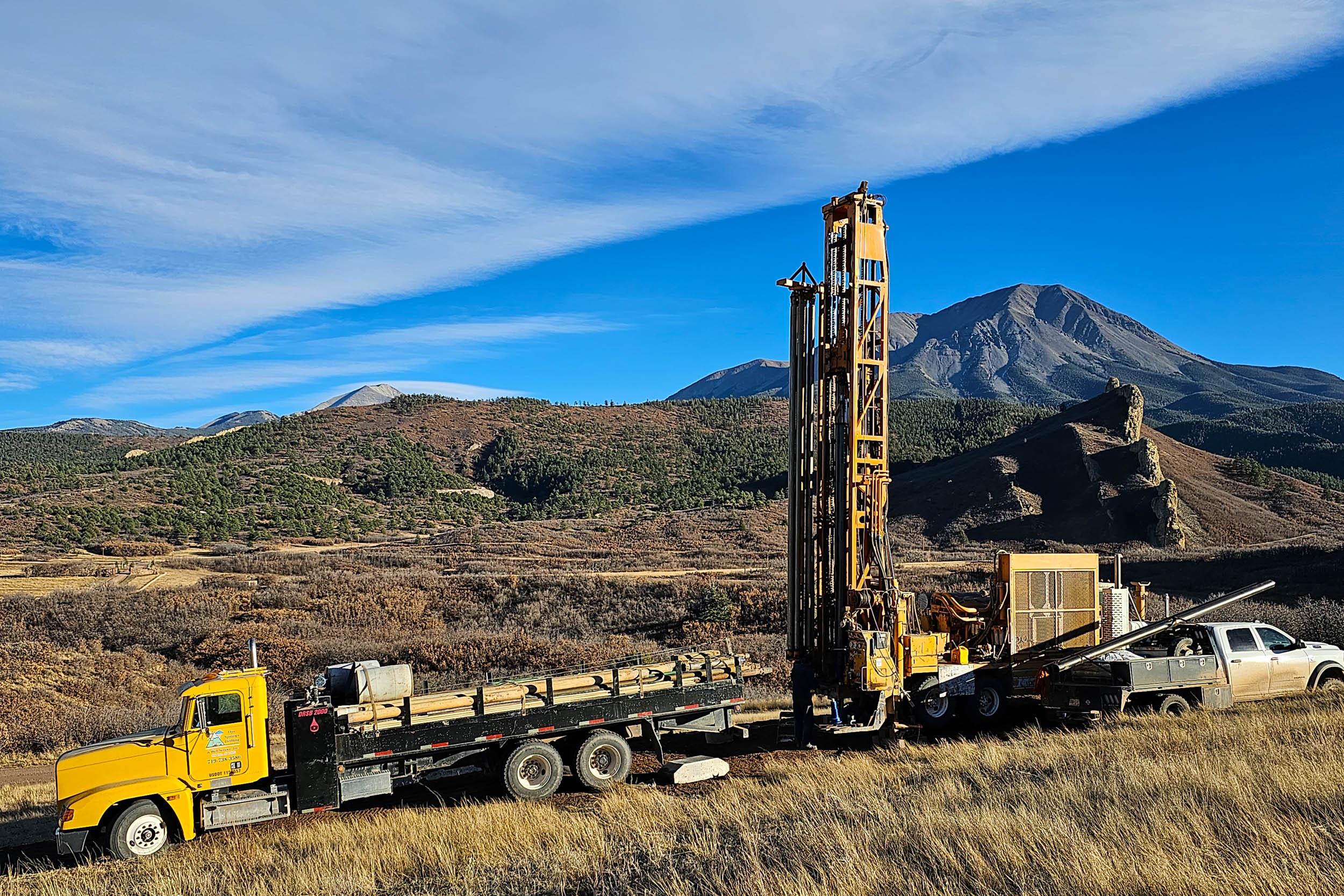

Denver police officers have started collecting 34 pieces of demographic information — including gender and race — on every person they stop.
Right now the program is in the pilot stage, and only in the police district that encompasses the Park Hill and City Park neighborhoods. It will go citywide in the fall, officials said.
The idea behind demographic data collection is to detect whether officers have any inherent biases in how they approach policing. The data not only collects demographic information, but also how long an officer spent at a stop.
Division Chief of Patrol Ron Thomas, who is leading the effort, said most officers don’t believe they use race or other "improper justifications" for making a police stop.
"But obviously people aren’t aware of their own implicit biases sometimes," Thomas said.
The demographic data collection program started with a community push after unsuccessful attempts to get a similar statewide program passed in the state legislature.
Some lawmakers and stakeholder groups were concerned that some of the earlier proposals required officers to ask overly intrusive questions, including sexual identity, said John Camper of the Colorado Association of Chiefs of Police.
Remarkable about the Denver program so far is how many of the police department’s biggest critics are on board, ranging from the NAACP to the Greater Metro Denver Ministerial Alliance to the ACLU.
Lisa Calderon, of the Colorado Latino Forum, has been a sharp critic of the DPD. She spent almost two years at the table with police officers negotiating how the program will work.
She is proud of the work, but says the data will have shortcomings, particularly with accuracy since it’s all self-reported by officers.
"The system doesn’t change unless it’s made to change," she said at a community meeting in a Park Hill church earlier this summer. "If you don’t have data, it’s hard to prove what you’re going through, even though people in your community feel like they’re being overly surveilled."
Denise Maes, public policy director at the ACLU of Colorado, said how cops perceive a person on the street is important.
"We hear a lot from the community about where they think there is over-policing … and naturally the Denver Police Department denies that," she said. "So now, let’s see the data. The data is what it is."
Denver Police Department officials say they aren’t sure when the first batch of demographic data will be released to the public and to city council.









